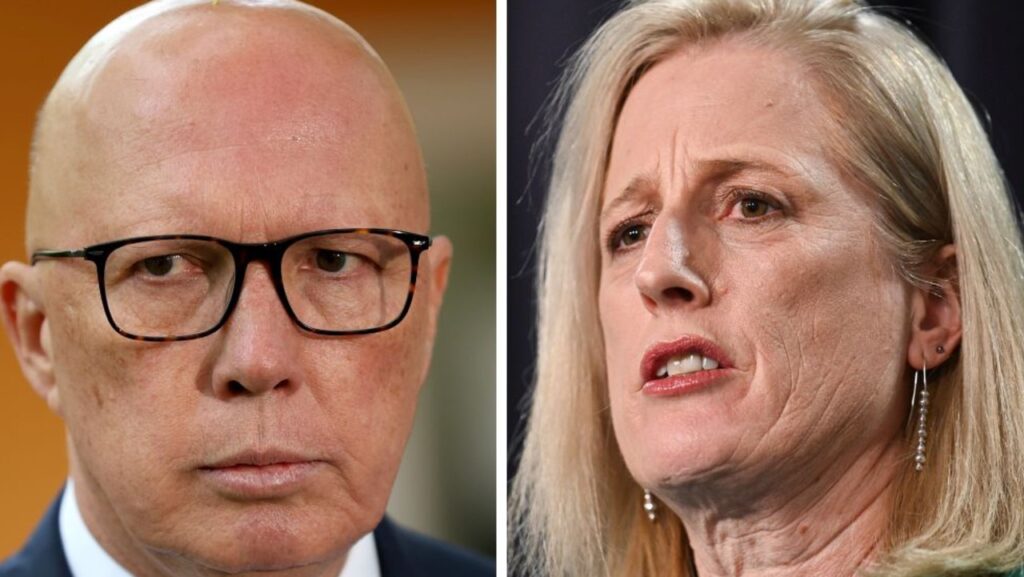How iron ore price could impact Aussie economy
Written by admin on August 19, 2024
Falling iron ore prices and China’s struggling steel business could result in a $3 billion dent in the Australian economy, Treasurer Jim Chalmers warns.
With iron ore prices closing at US$81.80/tonne on Thursday, the Treasury’s glide path estimate puts the global commodity below what it forecast it would be at the time of Budget.
It’s current price sits below the Treasury’s glide path estimate of about US$83/tonne for what it assumed it would currently be.
Treasury had estimated that the iron ore price would decline from its level around the time of Budget to reach its long-run anchor price of US$60/tonne by the end of the March quarter 2025.
However, iron ore prices have fallen 38 per cent since the beginning of 2024, with prices reaching their lowest level since November 2022 on August 15, 2024.
In the past week, iron ore price fell 7.5 per cent in total.
It comes after a warning was issued by the world’s largest steelmaker, China’s Baowu Steel Group, that the downturn in China’s steel industry would be longer and more severe than expected.
Dr Chalmers said if iron ore prices continue to fall faster than assumed, it could lead to tax receipts being reduced by about $3 billion over the forward estimates.
“Softness in the Chinese economy and the recent fall in iron ore prices are another reminder that we are not immune from volatility and uncertainty in the global economy,” Dr Chalmers said.
“This is exactly why we take such a cautious and conservative approach to treasury’s forecasts for resource prices and revenue.”
The latest Treasury analysis showed that if iron ore prices continue to fall from these levels around the time of Budget, they will reach their long-run anchor price by the end of the September quarter 2024, instead of the end of the March quarter 2025.
Dr Chalmers said the government will continue to monitor the falling iron ore prices in an effort to ensure the Australian economy stays on track.
“We’re following these developments very closely because of their potential impact on our economy and our budget,” he said.
“We’ve always put a premium on responsible economic management, and that’s especially important amidst all this global uncertainty.”
The Chinese economy continues to be impacted by the property sector downturn, which continues to weigh on consumer confidence and investment.
More Coverage
It comes as the latest National Bureau of Statistics of China data found that the country’s steel production in July was 82.94 million tonnes, down 9 per cent on the previous month.
Real estate investment is also 10.2 per cent lower so far in 2024 compared to the same period last year.
Chinese steel production remains weak since peaking in 2021, while steel margins also remain negative since mid-April 2024.
Read related topics:China







